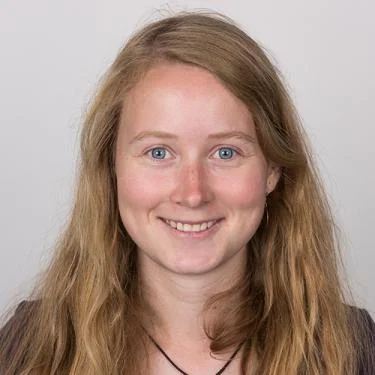
Pacific warming pattern modulate future hydroclimatic changes across the Americas and beyond
Ulla Heede
University of Colorado, Boulder
Tuesday, May 09, 2023, 2:00 pm
DSRC Room 2A305
JOIN THE WEBINAR:
GoTo MeetingAbstract
The eastern tropical Pacific region is projected to warm at a faster rate than other tropical ocean regions in the 21st century. This projected trend, however, is in stark contrast to the observed central Pacific cooling and strengthened Pacific trade winds in the satellite era. Whether the observed trend is transient and if/when we can expect a reversal of warming trends in the eastern pacific has been a much debated topic yet no consensus has emerged owing in large part to the discrepancies between historical model simulations and observations. Meanwhile, less focus has been paid to the potential impacts a future eastern Pacific warming could have on adjacent continents, such as the North and South American continents. Here, we address this knowledge gap through a series of coupled global atmosphere model (A-GCM) simulations with a series of prescribed sea surface temperature (SST) patterns, which captures a range of possible future tropical Pacific warming patterns – some which resembles the observed pattern, and some which resemble modeled eastern Pacific warming. In addition, we impose an idealized ENSO cycle and a linear global warming signal. The results of these experiments show that the eastern Pacific warming pattern can significantly modulate future hydroclimatic changes across the Americas. In some regions, enhanced eastern Pacific warming may exacerbate long term drought trends or increase projected precipitation trends, while in other regions, the effects are primarily felt through a change in the strength of ENSO related extreme precipitation events. These results provide a framework in which uncertainties associated with oceanic warming patterns can be evaluated in an adaption/mitigation relevant context.
SPEAKER BIO: Dr. Ulla Heede joined the Oceans and Climate Lab in Fall 2022 as a CIRES Postdoctoral Fellow. She completed her Ph.D. in Earth & Planetary Sciences at Yale; her research is on tropical climate dynamics, especially toward understanding how the tropical Pacific coupled ocean-atmosphere system responds to anthropogenic radiative forcing. Ulla completed her undergraduate education at the University of Cambridge (UK). As a graduate student at Yale, her research combining satellites and climate models was recognized by NASA through the Future Investigators in NASA Earth and Space Science and Technology (FINESST) fellowship. An overarching goal of her work is to build bridges between large-scale climate dynamics and societal and policy relevant information on climate impacts. In addition, she is part of a project lead by Prof. Aneesh Subramanian working on understanding tropical air-sea interactions using high-resolution models and machine learning.
Seminar Contact: psl.seminars@noaa.gov